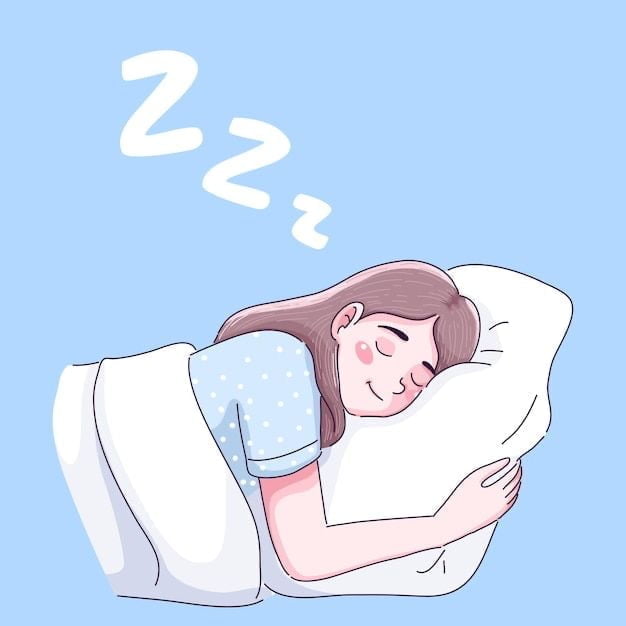According to a recent study published in the medical journal Neurology, there is a link between sleep problems and a higher risk of stroke. The study, which involved 4,496 participants, found that individuals who experienced sleep difficulties, such as poor quality sleep, snoring, snorting, and sleep apnea, were more likely to have a stroke.
The study participants were divided into two groups: those who had suffered a stroke and those who had not. They were then asked about their sleep habits, including the amount of sleep they got, the quality of their sleep, and whether they experienced any of the aforementioned sleep problems.
The results of the study showed that people who had sleep issues, including getting too much or too little sleep, taking long naps, snoring, snorting, and sleep apnea, were more likely to have a stroke. Moreover, the risk of stroke was higher for individuals who had five or more of these symptoms. However, it should be noted that the study only found an association between sleep concerns and stroke, and not a causal relationship.
The researchers highlighted the importance of addressing sleep problems to prevent strokes and called for further research into sleep-related interventions. They suggested that doctors should initiate conversations with people who are having sleep problems earlier, and that interventions to improve sleep could also reduce the risk of stroke.
Despite some limitations of the study, such as people reporting their own symptoms of sleep difficulties, which may not have been entirely accurate, the results suggest that sleep problems should be a focus for stroke prevention. Addressing sleep problems could be a useful strategy to reduce the risk of stroke.
The study emphasizes the need to address sleep problems to prevent strokes. This research highlights that people experiencing sleep difficulties should consult a medical professional for early intervention, which can reduce the risk of stroke. It also sheds light on the importance of improving sleep quality, especially for individuals who are at risk of stroke. Sleep is a vital aspect of our overall health and wellbeing, and addressing sleep problems can significantly reduce the risk of health problems, such as stroke.


